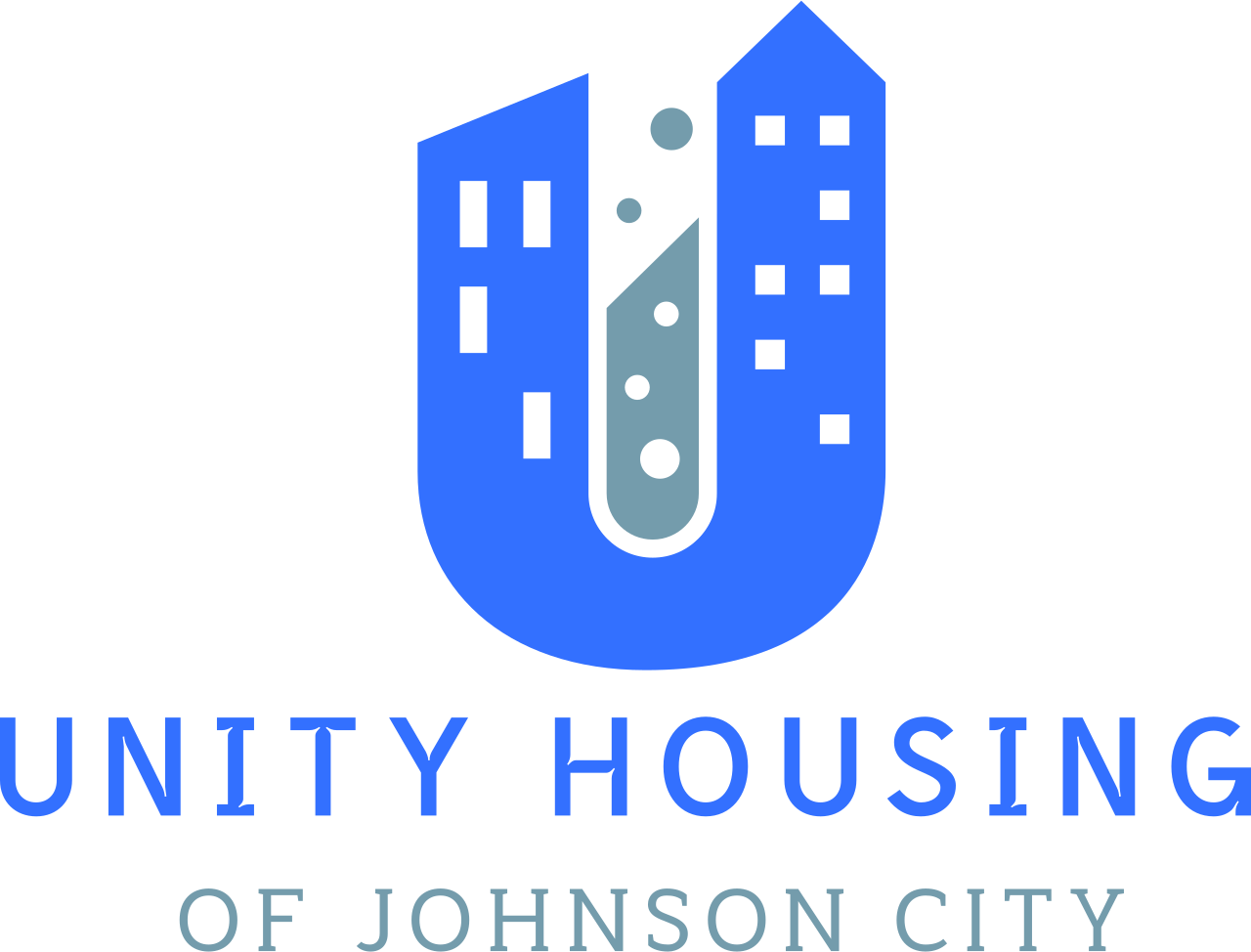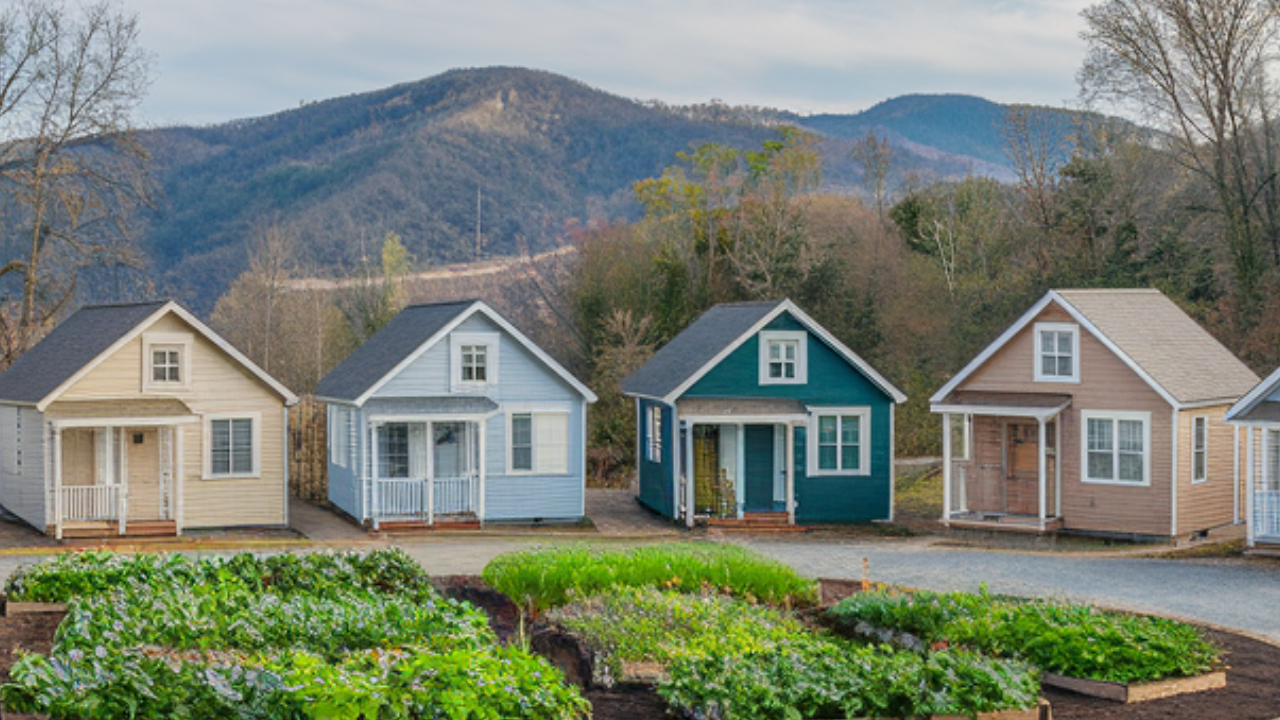Blog
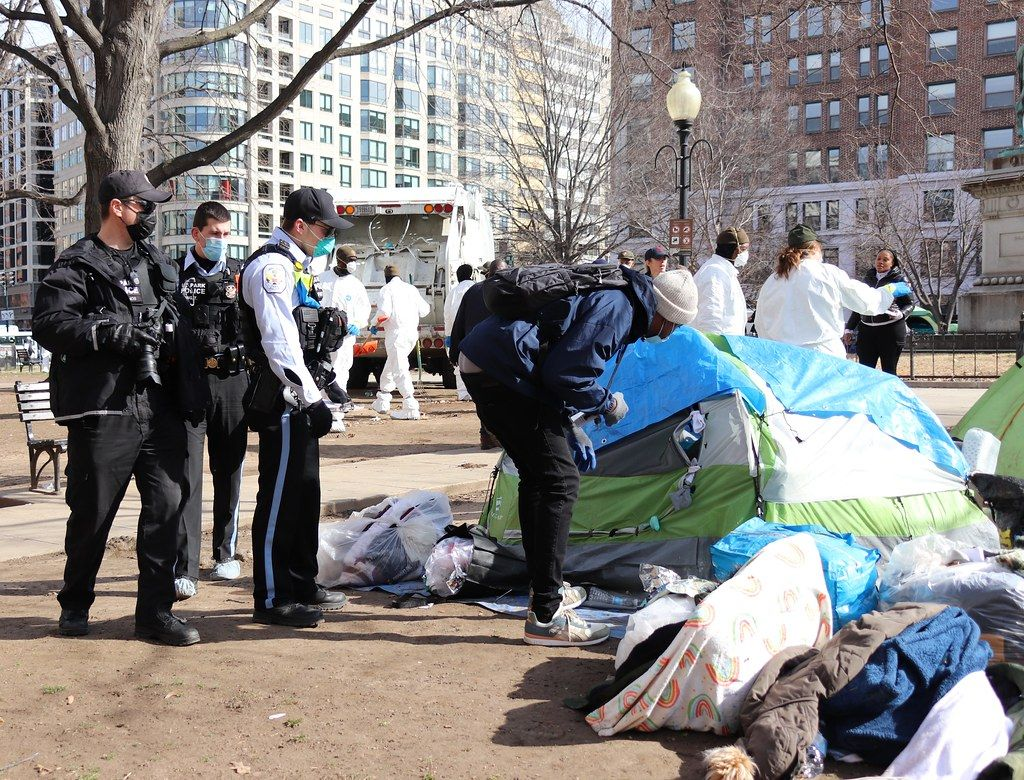
There are moments in a nation’s history that force us to confront the cavernous gap between our stated values and our actions. The recent decision to deploy federal troops in Washington to clear encampments and forcibly remove individuals experiencing homelessness is one of those moments. As a public health researcher and the founder of an organization dedicated to ending homelessness, I must state this in the clearest possible terms: This is not a solution. It is a spectacle of failure, a strategic retreat from decades of evidence, and a dangerous precedent that threatens to normalize cruelty as public policy across the entire country. Let’s be clear: you cannot "get rid of" homelessness by getting rid of people. Forcibly relocating individuals is a return to the ineffective and inhumane vagrancy laws of a bygone era. It is the policy equivalent of sweeping dirt under a rug—the problem is merely hidden, often made worse, and guaranteed to reappear. It does not address the root causes of why a person is sleeping on the street; it only inflicts further trauma, severs connections to vital support systems, and makes it that much harder for outreach workers to build the trust necessary to guide someone back to stability. This approach is not just a moral failing; it is an intellectual one. The evidence is overwhelming and points not to a crisis of personal failings, but to a systemic crisis of housing. The Center on Budget and Policy Priorities recently highlighted that since 2001, median rents have risen over 23% after adjusting for inflation, while the median renter’s income has risen by only 5%. This is the math that creates homelessness. As journalist Emily Badger noted in her pivotal New York Times article, "The Surprising Geography of American Homelessness," the geography of homelessness is not a map of addiction or mental illness, but a map of housing costs. West Virginia, the epicenter of the opioid crisis, has the nation’s lowest rate of homelessness, while high-growth, high-cost cities see rates soar. This is not a coincidence; it is a direct correlation. Here in Johnson City, the Bowen Report confirmed this reality for our own community, identifying a shortfall of over 5,500 housing units and revealing that one in five renters is severely cost-burdened. This is not an unsolvable problem. We have a robust toolkit of proven, evidence-based solutions that are both more humane and more cost-effective than deploying troops. The "Housing First" model, endorsed by the U.S. Interagency Council on Homelessness (USICH), has shown time and again that providing someone with stable housing first is the foundation upon which they can address other challenges like health or employment. At Unity Housing, our focus on creating a Medical Respite facility is another evidence-based intervention designed to stop the cycle of hospital-to-street for our most medically fragile neighbors. These are the strategies that work—strategies that invest in dignity, stability, and long-term solutions. The action in Washington is so dangerous because it sets a national tone. It gives a green light to local and state policymakers across the country to abandon the hard, necessary work of creating housing and instead opt for the easy spectacle of forcible removal. It shifts the national conversation from "How do we house our neighbors?" to "How do we make our neighbors disappear?" This is a profoundly inhumane shift, one that encourages us to see people as problems to be managed rather than as human beings to be supported. What happens in our nation’s capital does not stay there. The policies enacted on a federal stage ripple outward, influencing the choices made in city halls and statehouses from California to Tennessee. We cannot allow this to be the new normal. We must demand that our leaders reject the illusion of a quick fix and instead commit to the proven, long-term strategies that we know will end homelessness. This means advocating for affordable housing, supporting programs like permanent supportive housing and medical respite, and refusing to accept cruelty as a substitute for a real plan. Our community, and our country, is at a crossroads. We can choose the path of evidence, compassion, and justice, or we can choose the path of force, displacement, and failure. The choice should be obvious. Of course. Here are the weblinks for the resources cited in the blog post. Including these direct links will add a strong layer of credibility and allow your readers to explore the evidence themselves. Resource Links for the Blog Post Center on Budget and Policy Priorities (CBPP): Link: https://www.cbpp.org/research/housing Note: This is the main link to their housing research page. The specific statistic you cited about rent vs. income is from their analyses of American Community Survey data. This general link is the most stable and allows readers to find the most current reports on housing affordability. The New York Times: "The Surprising Geography of American Homelessness" by Emily Badger: Link: https://www.nytimes.com/2017/09/06/upshot/the-surprising-geography-of-american-homelessness.html Note: This is the direct link to the article. A subscription to The New York Times may be required for some readers to access the full text. U.S. Interagency Council on Homelessness (USICH) - "Housing First": Link: https://www.usich.gov/solutions/housing/housing-first/ Note: This page provides a clear, official overview of the Housing First model as the federal government's endorsed strategy. Johnson City Housing Needs Assessment (Bowen Report): Link: https://issuu.com/kshoun/docs/2025_johnson_city_housing_needs_assessment_-_bowen Note: This is the direct Iink to the study conducted by the Bowen firm in 2024 and was released by the Johnson City Government in 2025. It contains the most relevant housing study for our city.
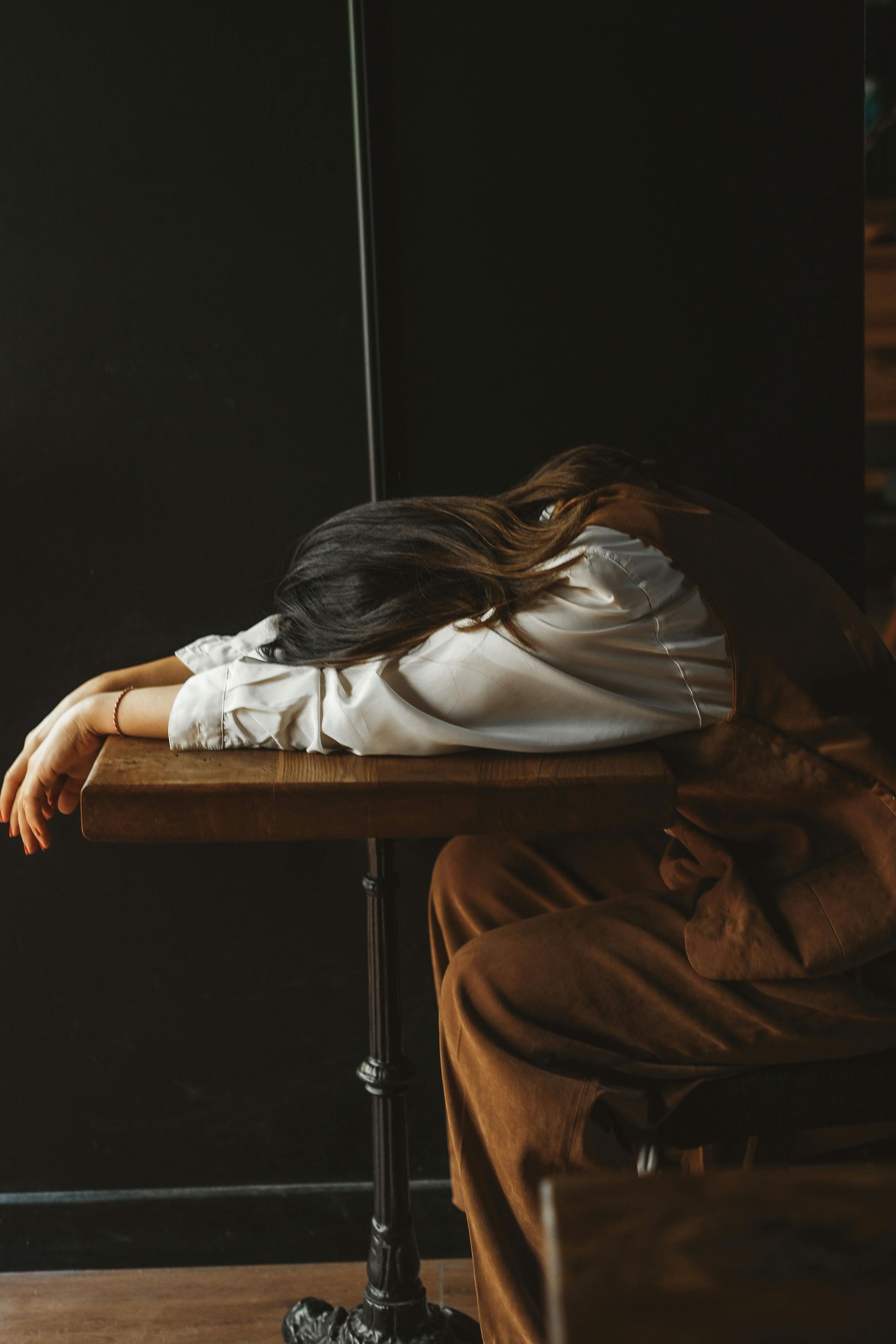
Feeling defeated is an emotional experience universally held at different times in our lives. Recently, I was asked a vulnerable and honest question by a board member: "What is holding up the progress of us establishing a Medical Respite campus?" My initial response was, "Well, it's nuanced." Then, I went through the complexities of land acquisition, public support, stifled funding, etc. And, all that is true. They're each an issue and each deserves to be addressed holistically. I generally consider myself to be an optimist, confident that the reliance on data and research will move the needle forward. But today, I find myself fallible and struggling to maintain that optimism. Maybe my research methodology with an applied community approach is weighing too heavilyly on me. Perhaps it's the family I'm working to find support for— a couple who have lived in a trailer for quite some time. The wife, we'll call her Miranda, is on dialysis for 10 hours multiple days a week, and live on a fixed income of $900-odd dollars a month. Their current circumstances are insufficient for survival; but now that a new landlord has acquired the trailer park, he wants to evict them and jack up the price. If you've been paying attention to my work, you know our shelters are at max capacity and folks with medical illnesses quite literally have nowhere to go. Even if the shelters could accommodate this couple, it's highly likely she'd be turned away due to her susceptibility to contract an infection in a congregate living facility. The current administration announced on May 2 the "skinny budget" for HUD. It was a 43% reduction in all HUD services and an end to permanent supportive housing. Thankfully, it didn't get passed, but it gives you an indication of the federal landscape’s terrain. It is absolutely exhausting paying taxes into a system that doesn't serve its people. It's amazing to me that it's a "hot take" or "controversial" to want my tax dollars used for infrastructure and the betterment of our communities. Regardless of your political opinions or moral credence, what the launch of a Medical Respite campus to help the people of East Tennessee requires is money. It doesn't matter if it's federal, state, or private funds; it still requires that green. We've worked our hind ends off for the money we have in the bank. But ultimately, to stay around a 2.5 million dollar build (including the land purchase), we still need 20% down. As a person who had to clamor her way into the middle class, that $750,000 price tag (more, if you don't want to take out loans) feels damn near impossible. I hear regularly about how valuable our work is, yet we remain in a holding pattern. I'm no genius, but I'm no dummy either. We're making all the low-risk investments we can to propel ourselves forward. I'm taking all the partnership opportunities. I'm going after the limited grant opportunities that are left. I'm taking all coffee/tea/lunches with anyone willing to give up a dime for this work. The reality is, I'll continue to do so. I'm tired and fed up and exasperated; I'm sure that was easily gathered. But I'm not facing the reality of living on the street with open port access to receive dialysis. I launched Unity Housing in 2023, and together with our Board, we have been able to raise awareness and work toward a downpayment to purchase land to build a medical respite community. And while it was urgent before, it’s even more urgent now. Our family, friends, and neighbors are at risk. I need you to donate to help us reach our $750,000 goal so we can make that downpayment. Can you commit to making it a monthly donation? $25 a month equals $300 a year. I know this goal we’ve set for ourselves, and our community, might seem lofty and out of reach. I know that times are financially hard for all of us. But I also understand how powerful our community is when we come together. Anything is possible. So, what's the takeaway from this moment of raw honesty? It's that the frustration is real, the obstacles are significant, but the need is even greater. This isn't just about a building; it's about Miranda, it's about every individual whose health and dignity are compromised by a system that too often falls short. The fight for this Medical Respite campus, for a more just and compassionate community, continues – fueled by the unwavering belief that even when the path is daunting, the people we serve deserve nothing less than our relentless effort. And while optimism might flicker, the resolve to find that "green," to build that hope, and to change those realities, burns on. There’s a lot going on that can leave us feeling frustrated and helpless. And the obstacles ahead of us are significant. But I’m not giving up and neither should you. Making this vision of a medical respite facility a reality is something we can build together. Miranda needs us to do this work. So many in our community need us to do this work. Will you join me?
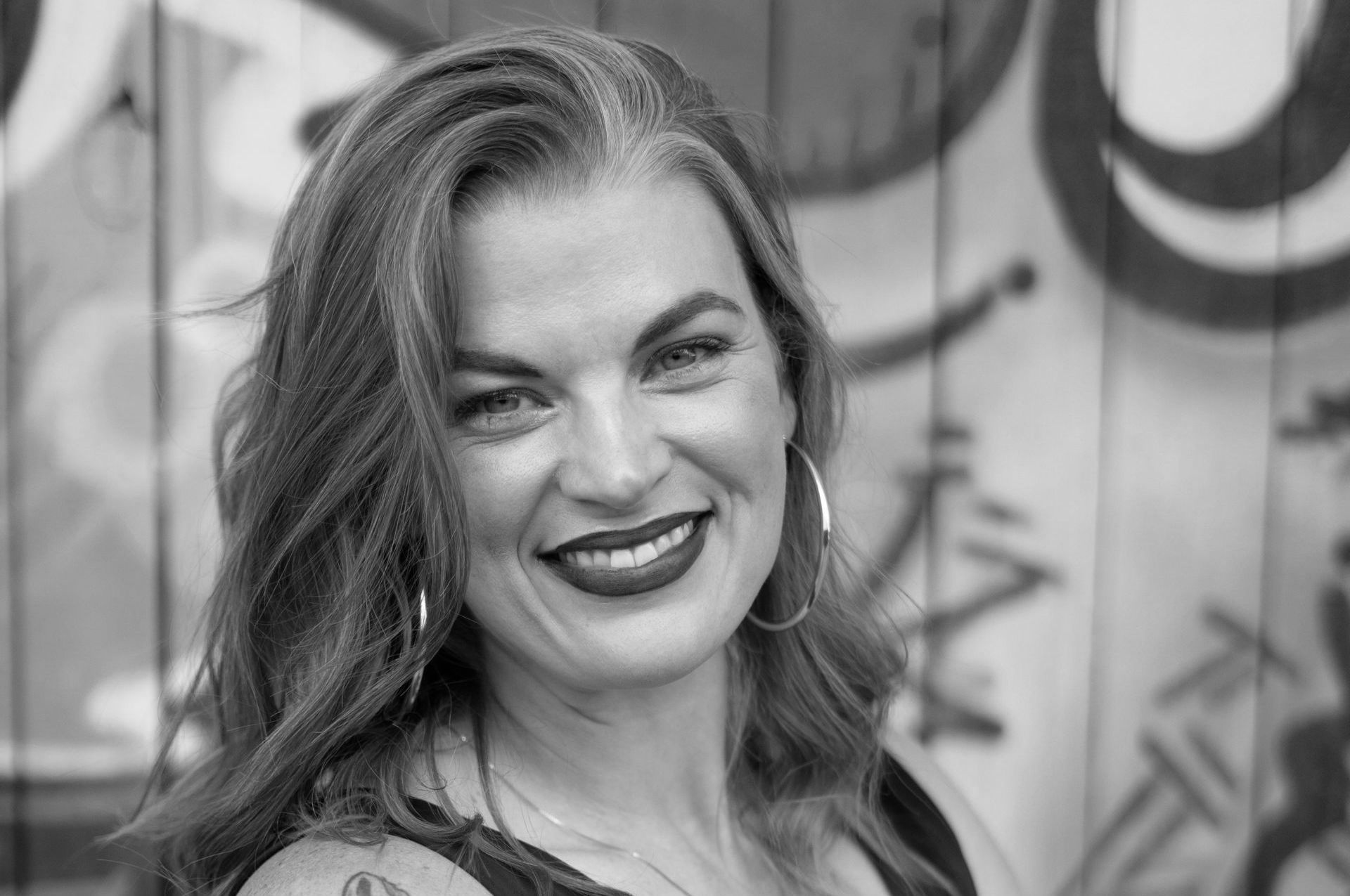
As part of our commitment to transparency and keeping you informed, we're launching this monthly blog to share updates on Unity Housing's progress, challenges, and vision for the future. This is our first entry, and I hope it provides valuable insight into our work and the road ahead. We are running an organization dedicated to filling a gap in our community that shouldn’t need to exist. It's a paradox, isn't it? Our healthcare system, regardless of payer, is something we all contribute to. Unpaid debts become charitable write-offs for non-profit hospitals. 49.2% of hospitals in the United States are registered as non-profits [1] Our regional system, Ballad Health, is no exception and operates as a non-profit through the Ballad Health Foundation [2]. It's infuriating that our nation's system intended to serve our most vulnerable still has such broad gaps in care. Our biggest project on the horizon is to build a Medical Respite campus to serve an elderly population. "Elderly" is considered those who are 55+, given the tragic reality that homelessness expedites mortality by 17.5 years on average [3]. Sadly, many of those experiencing homelessness are Veterans. These two populations are those who’ve already paid into the system, through a lifetime of contributions or dedicated service, and are disproportionately represented among those we aim to serve. Veterans comprise a staggering 13% of the homeless adult population [4], and older Americans are experiencing homelessness at an alarming rate [5]. It is devastating every time I see someone who appears to be my grandparent’s age accessing our emergency shelters; and it’s happening more and more. The frustration deepens knowing that once operational, research demonstrates a positive return on investment for Medical Respite programs [6]. It's a perpetual "rock and hard place" scenario. We know reimbursement is possible, potentially covering overhead, yet access requires being launched. This makes sense until grant funding is reliant on property ownership, and property ownership requires our current funding as a down payment. To work with a bank, we must retain that funding for a 20% down payment. Even with that, we have to make sure there's enough funds to provide direct care, reimbursement services, yet that also hinges on having patients. So, we remain an organization propelled by professional expertise and a deep-rooted cultural understanding of Appalachia, classically underfunded – a familiar story to many, I suspect. My dream is for us to become a Cinderella story. As an underdog since launch, our founding board – comprised of some of the most seasoned professionals in the region – set a course that we will steadfastly stay the course on. Medical Respite is what our community deserves; a crucial service gap in East Tennessee filled. While frustrating, this challenging reality is simply the realistic path to creating something meaningful. I have been studying Medical Respite for about three years now, from reimbursement rates and effectiveness to best practices, ROI, and required social services. If it's peer-reviewed, I've likely devoured it, much to the chagrin of my friends who can attest to my increasing obsession. I wake each day weighing the frustration of stagnation with the excitement of possibility. I've studied the gaps in our service system for individuals experiencing homelessness and I am excited, and ready, to do the hard work to gain public trust and forge bridges with key partners to achieve financial viability. Because, at the end of the day, I know what we need to make our community better. Once Medical Respite is established, I can't wait to start this process again, envisioning our next project: building something for our families experiencing homelessness, a day shelter, or a pet-friendly shelter – all critical programmatic deficits identified by the data. Can you imagine what we can accomplish as a community, through grassroots efforts, in one of the most volatile political landscapes in American history? How incredible would it be to act in our residents' best interests, despite governmental efforts to minimize services for our elderly and veterans? It may be Polly Anna-esque, but that's what I lean into. Every day I see folks wanting this problem solved, wanting our residents to have better. Instead of waiting for things to change, help us in providing direct and lasting care that has a direct impact on the community. Here's how you can get involved: Donate: Every dollar counts in getting us closer to purchasing our campus/location for medical respite. Your contributions will provide those essential startup costs for medical supplies, and our team. Here is our initial fundraising page for MR [INSERT LINK] Become a Board Member: CPAs, accountants, lawyers, physicians, nurses – check out our opportunities page [INSERT LINK] Join our Community Advisory Committee: Contribute on social media, volunteer at an event, take charge of events, fundraise - check out our opportunities page [INSERT LINK] Spread the Word: Share our story with your friends, family, and colleagues. Help us raise awareness about the need for Medical Respite in Johnson City and beyond! By sharing and getting the word out, that will enable us to create those new bonds with investors and possible financial partners. Let's build a healthier, more compassionate Johnson City, one step at a time. Resources: 1. ASPE - Hospital Ownership Data Brief: https://aspe.hhs.gov/sites/default/files/documents/582de65f285646af741e14f82b6df1f6/hospital-ownership-data-brief.pdf 2. Ballad Health Foundation: https://www.balladhealth.org/foundation 3. National Healthcare for the Homeless Council - Mortality and Homelessness: https://nhchc.org/wp-content/uploads/2024/11/mortality-and-homelessness.pdf 4. National Coalition for Homeless Veterans - Veteran Homelessness: https://nchv.org/veteran-homelessness/#:~:text=Homeless%20veteran%20demographics-,13%25%20of%20the%20homeless%20adult%20population%20are%20veterans,compared%20to%2019%25%20non%2Dveterans 5. National Alliance to End Homelessness - Older Americans and Homelessness: https://endhomelessness.org/blog/paint-by-numbers-older-americans-and-homelessness/ 6. National Institute for Medical Respite Care - Business Case for Medical Respite: https://nimrc.org/wp-content/uploads/2021/01/Business-Case-for-Medical-Respite-Shepard-Shetler-v721.pdf
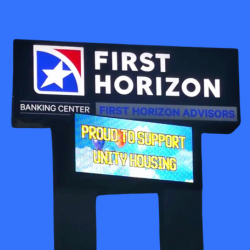
Unity Housing's blog post describes the impact of a $10,000 grant on their movement to establish medical respite services in Johnson City. The post emphasizes the significance of community support and the grant as a vote of confidence in their mission. It highlights the potential positive outcomes of providing medical respite and encourages further participation and assistance from the community.

